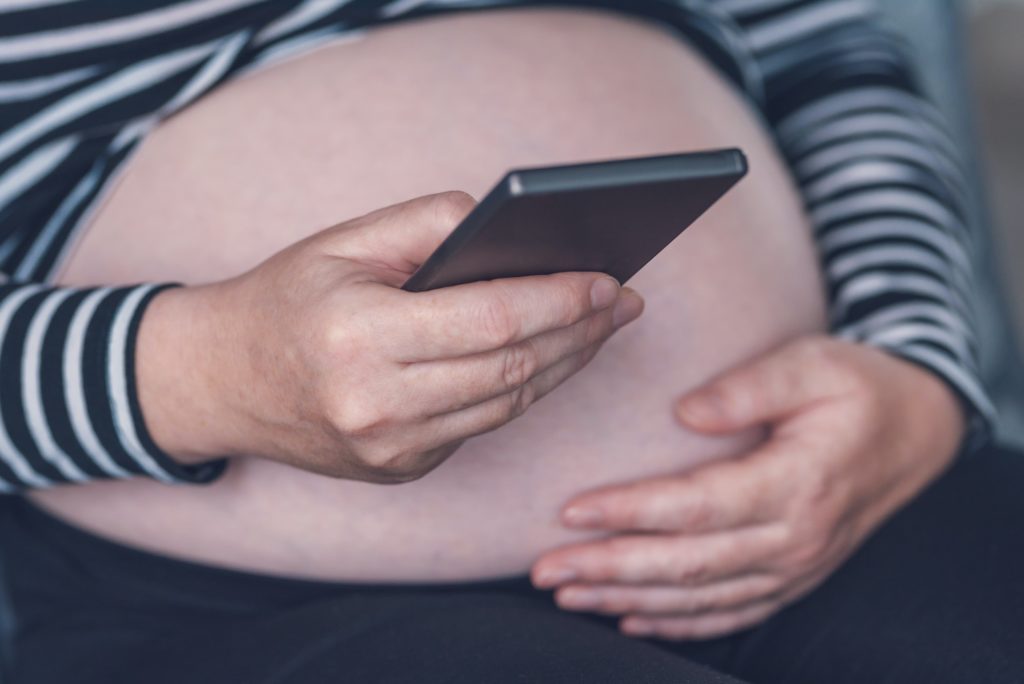This post is a guest submission. Please see our Disclaimer, Disclosures, & Affiliate Notice for details.
Viable Eggs are Always Decreasing
Every woman by birth has some fixed amount of eggs, approximately around 1 million in their ovaries—a woman’s eggs age as women age. Only a few eggs are left as women grow older. When a woman hits puberty, they have around 300,000 eggs. The risks of genetic abnormalities increase with increasing age. That’s why infertility increases with the rising generation of women, especially post-mid-thirties.
The decline in fertility among women can be observed when they reach their 30’s. By the age of 35, the decline in fertility speeds up among women, according to gynecological experts. In her late thirties, a woman has around 0.25% of their eggs from what they had at the time of birth, i.e., 25,000 eggs. Conception chances decrease with the decrease in the number of eggs in ovaries as per IVF specialists in India.
Pregnancy Issues Increase with Age
With the advancing age of women, pregnancy issues become very common. If a woman is getting pregnant in her thirties and especially after the age of 35 or near forties, the risk of complications is very high. Chances of congenital disabilities, stillbirth, miscarriage, multiple pregnancies, and much more are very high. When an older woman gets pregnant, the risk related to pregnancy and baby increases with the risk regarding high blood pressure and diabetes, this can lead to some other serious health issues as well.
These complications can vary from person to person. It does not mean any woman who gets pregnant after mid-thirties will face the same health issues and difficulties. Women who are in mid-thirties have increased chances of having problems like uterine fibroids and endometriosis, which can be a massive hurdle for women to conceive. Not only a woman’s age, but the quality of the partner’s sperm is also crucial. Sperm tend to swim slower as men age. But the good part is the quality of sperm does not drop quickly till he reaches his 60’s.

From far times, it has been observed that some women older than fifty years could successfully give birth to a child. But, from the stats available and as per experts’ women after 35 have fewer chances of getting pregnant. Women past 35 are more likely to faces various fertility issues. Even if a woman who gets pregnant abnormal chromosomes issues are common. Abnormal chromosomes increase the chances of miscarriage.
The Clock Continues to Tick
Age is a topic where no one can help you reverse it. But age is undoubtedly the major factor which has a significant impact on the chances of conceiving. Women do not need to worry much about age until the early thirties. Fertility starts dropping very fast once a woman crosses the early thirties phase and enters her mid-thirties. After mid-thirties till the late thirties, the rate at which women’s fertility fades away is around 15% every year, which is quite alarming. Till the forties, women lose up to their pregnancy mostly and become infertile. Women are less likely to get pregnant when they’re in their 40’s.
When a woman enters her 50’s they suffer from menopause. Once women enter the phase of menopause, their chances of becoming pregnant completely fade away, and they become infertile. Sometimes even the best fertility centers in India cannot help women in their late thirties to conceive. This phase varies a little from person to person; some enter menopause in the early forties while some women enter menopause in late fifties. But on average, every woman becomes infertile by her mid-forties. Women who had given birth in the fifties are like a miracle.
Nowadays, with the virtue of fertility treatments in India, the rate of this miracle is rising. Younger women can either freeze their eggs or embryos, which they can use later to get pregnant or donate if they don’t wish to. So, telling a woman who is in her forties and making her think that she can even conceive in fifties without help is a complete disservice. The age of eggs truly matters, as per the best infertility doctors in India.
Dr. Priya Banerjee is an Infertility Specialist from India who helps women find fertility options around the country. She's been practicing for 3 years and is an online consultant for Femicure. In addition, Dr. Banerjee has written medical articles & blogs for 4 years.

